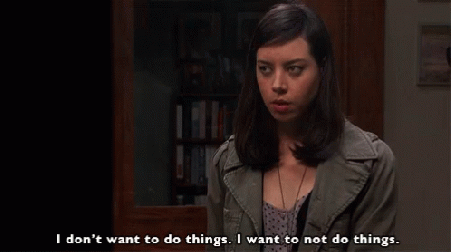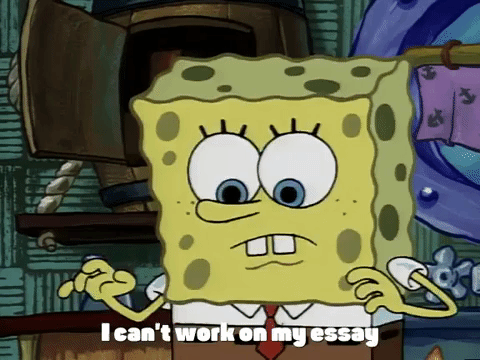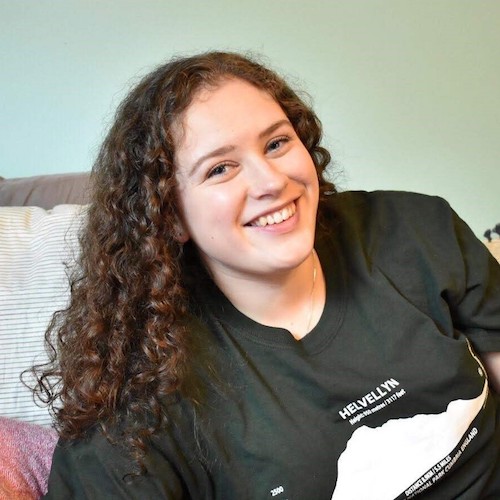This semester all of my classes are asynchronous, which means that I have to create my own schedule and be disciplined with my time (which has never been my strong suit!) I’ve found that some of the biggest struggles surrounding online classes for students, myself included, are procrastination and motivation. So how do you stay focused and be somewhat productive when you want to be doing anything other than what you’re supposed to?
There are two types of motivation: intrinsic and extrinsic. Intrinsic motivation is motivation that drives from within—there’s no outside reward or pressure. Examples of this include personal enjoyment and satisfaction. Extrinsic motivation, on the other hand, is where motivation is coming from external pressures and rewards (like grades and deadlines).
At different times in our life, we may have different motivation levels. Sometimes you’re completely unmotivated, and that’s OK. I’m struggling to find motivation right now because I’m graduating this year and have a little senioritis! But one way of becoming motivated can be through setting SMART goals. Having something to work towards can be very motivating.

Procrastination is where you put off doing a task and it’s definitely a significant issue with online school. Last week I spent over two hours trying to watch a 13-minute lecture video! Everyone struggles with procrastination. We tend to procrastinate on tasks that we don’t want to do or have anxiety around. Sometimes, it can help address the feelings around why we don’t want to do the task at hand.
I’m in no way an expert at being productive, but I do procrastinate a lot and am here to share some tips that have worked for me with online school. Each week I schedule an “admin” day on Monday where I look at what’s due for the week and what’s going on. I create a checklist for each class of things that I have to do for the upcoming week. I also make a rough weekly schedule of when my meetings are, due dates and when I would like to study.
Having this day really helps me prepare for the week. Before I started setting it aside, I would start studying for a class but end up wasting time figuring out what I had to do in the class and end up getting distracted.

Once I start my online class, I can sometimes get distracted by other things I have to remember. Keeping post-it notes nearby to jot down my thoughts allows me to remain focused on the task at hand. In cases where I keep grabbing my phone and don’t have the motivation to stay focused, I use the Forest app, which locks my phone for a set period.
The last tip I have is about the Pomodoro technique. There are many different ways to implement this technique, but I tend to do one of two ways. The first is setting a timer for a brief period, such as five minutes, and focusing on a single task for the full five minutes. Once the timer ends, I ask myself: do I want to work for another five minutes or take a break? I like this method as it gives me more control over my studying, and I often end up continuing to work rather than taking a break. It also makes getting started easier. You can work your way up to larger chunks of time.
Another option is to do work in 25-minute chunks, focusing on a single task and then taking a five-minute break. After four 25-minute periods, you take a more extended break. If you’re interested in this but feel like you want some structure, I recommend checking out pomofocus.io. It allows you to list your tasks, estimated time it takes, and has a built-in timer. I love it!
The biggest thing I remind myself is that we’re living through a pandemic, and life is more challenging right now. It’s OK not to have the motivation to study, and it’s OK to procrastinate. We need to give ourselves a little grace and take as many breaks as possible!
Dal's Studying for Success program has a lot of great workshops throughout the year, including ones on procrastination and time management. Check out the full list of workshops here.
Dalhousie's Stay Connected Mental Health Peer Support workers are here to support the Dalhousie community, and have our own personal experiences with mental health, allowing us to identify, relate to, and support other students. Find more info about how to connect with us here.

